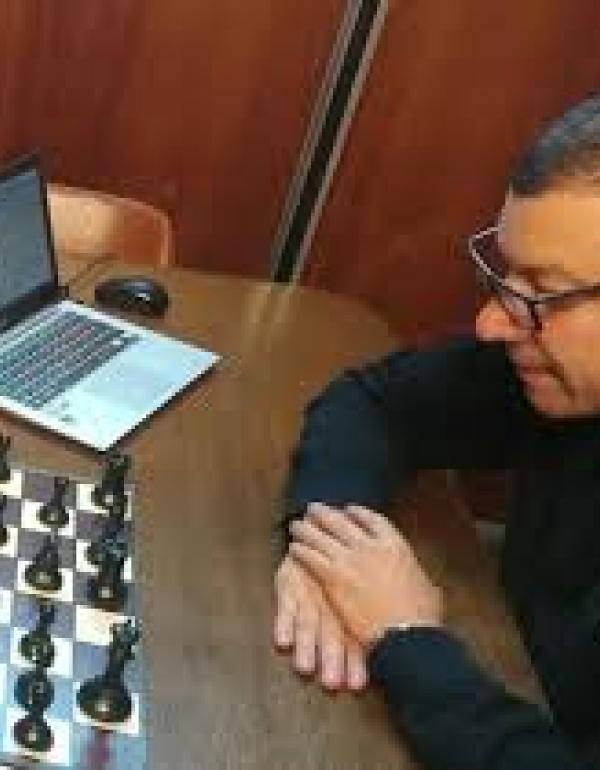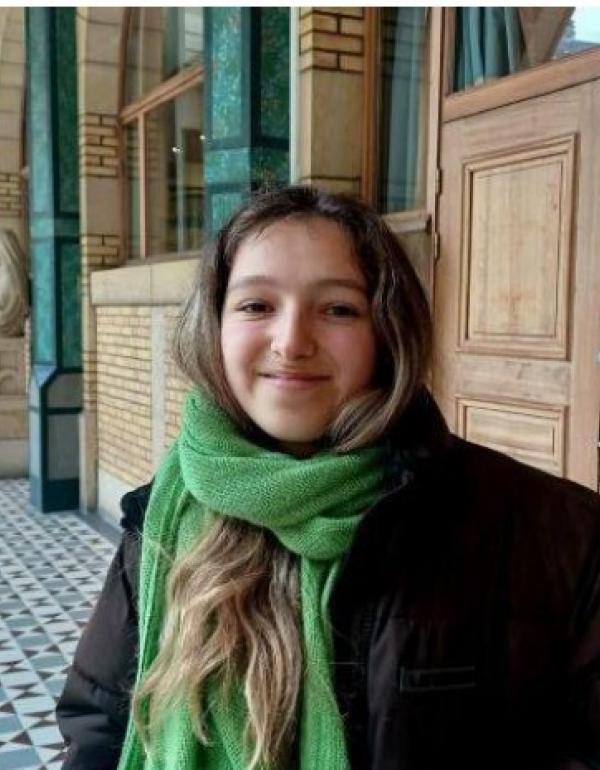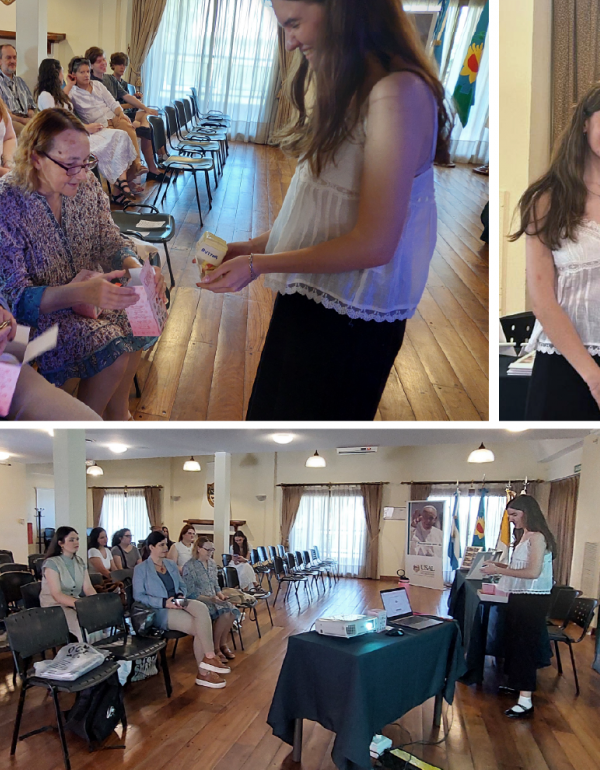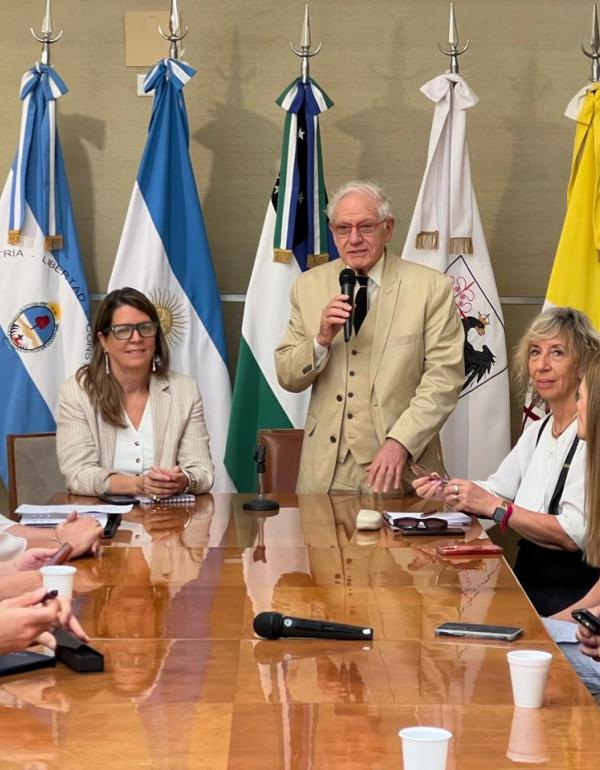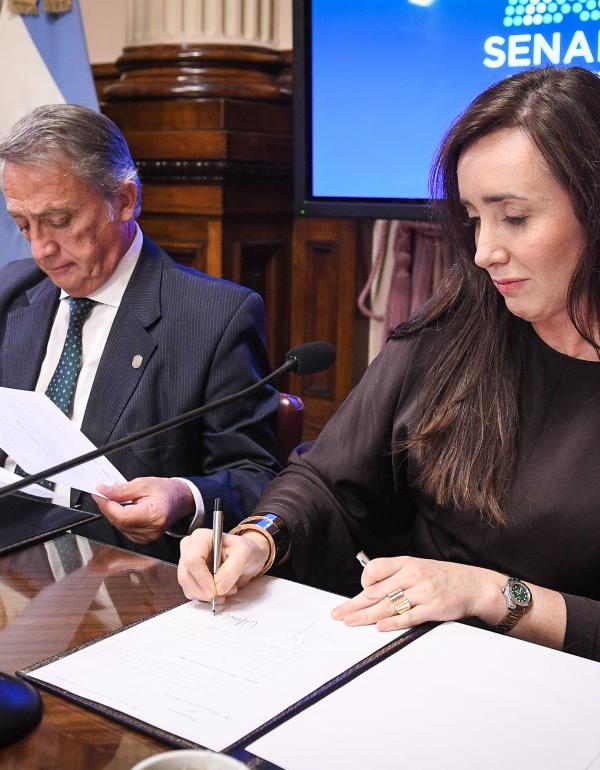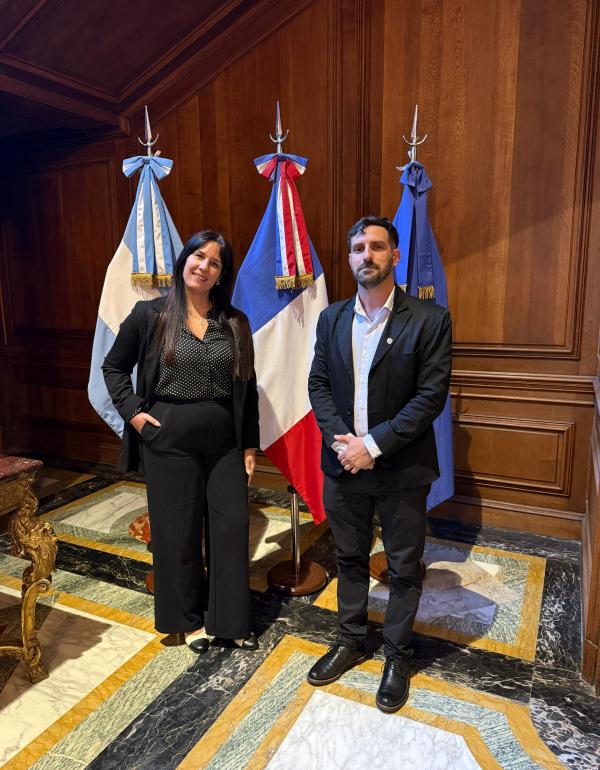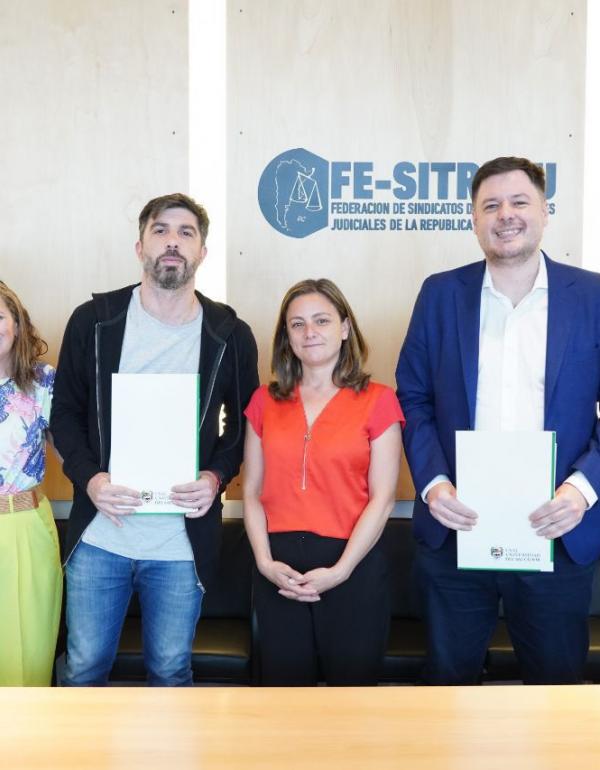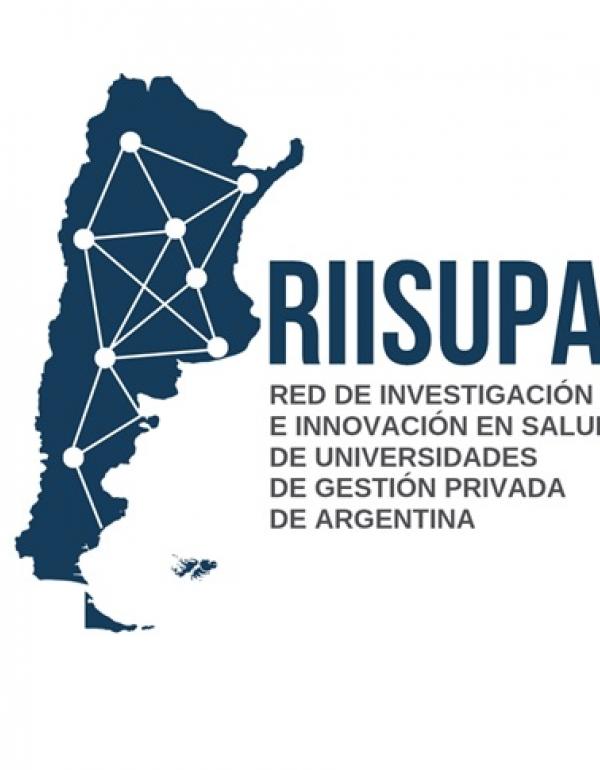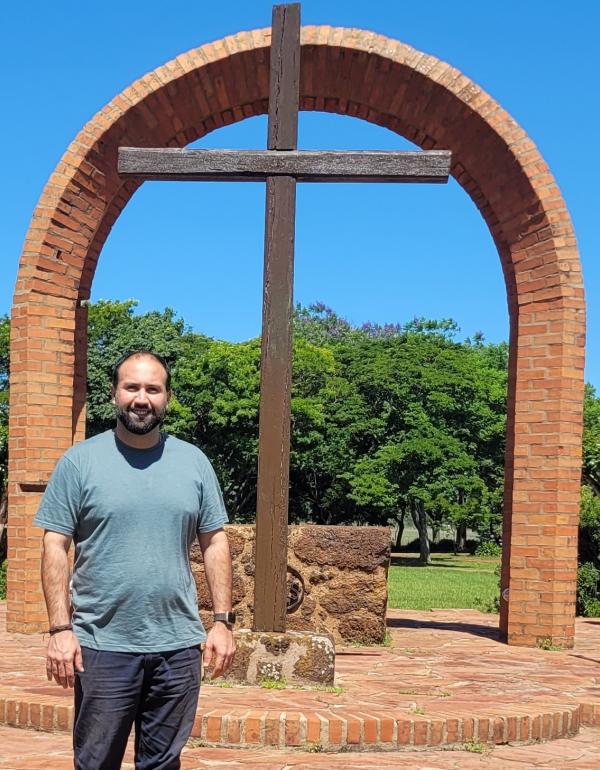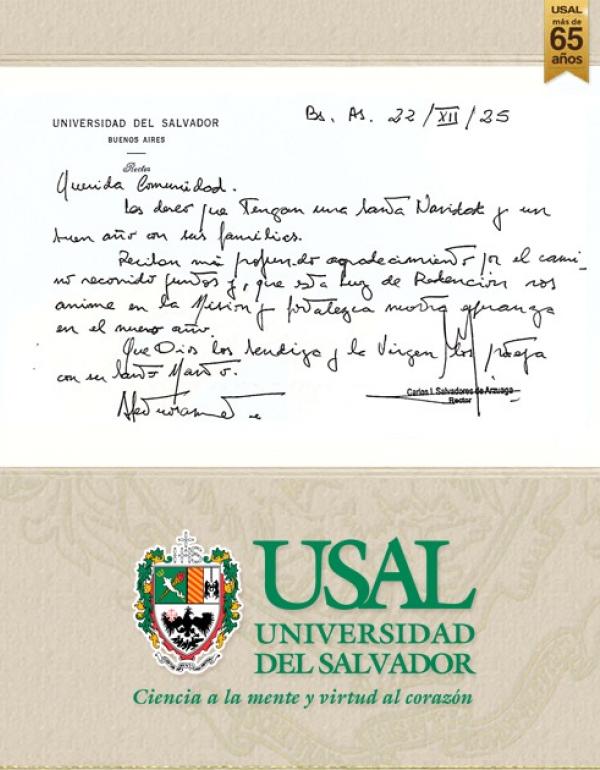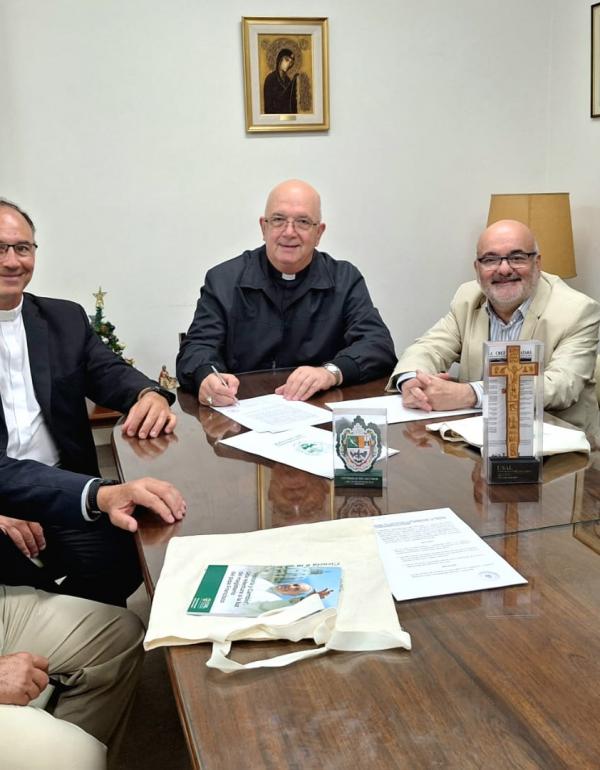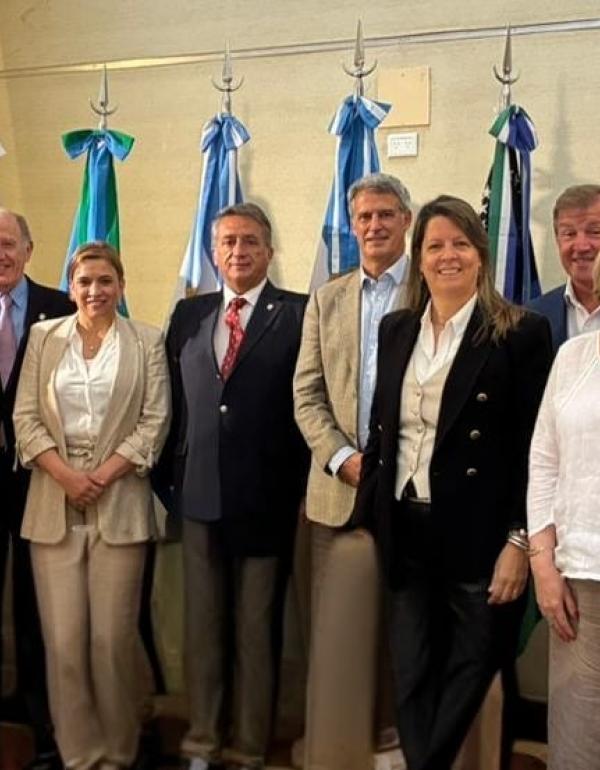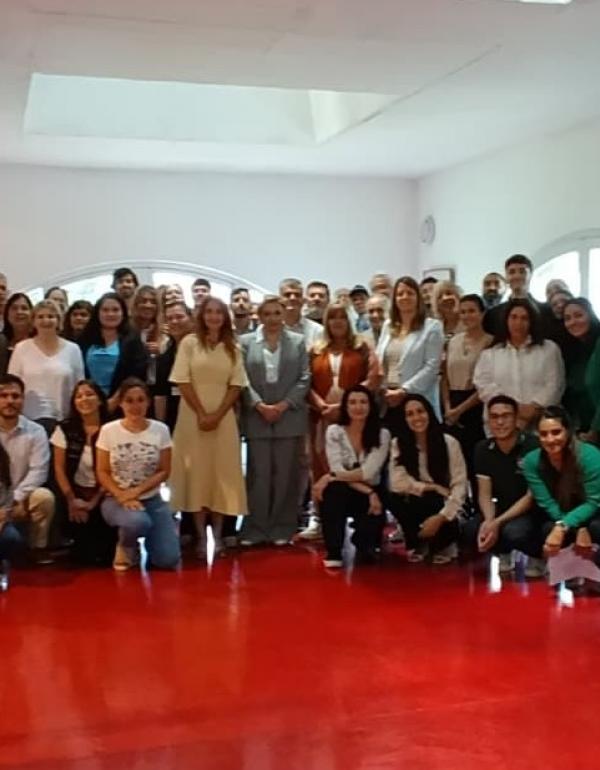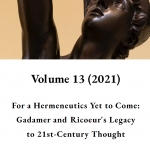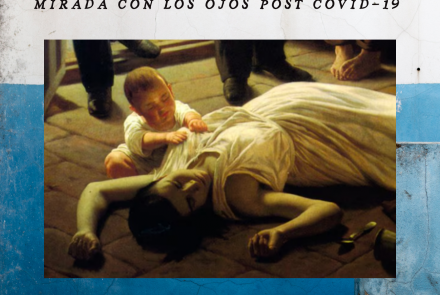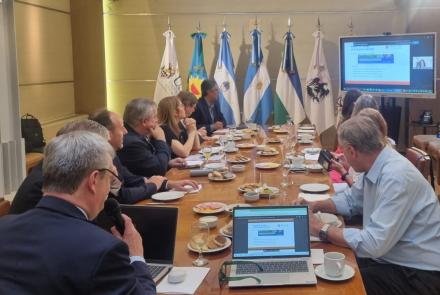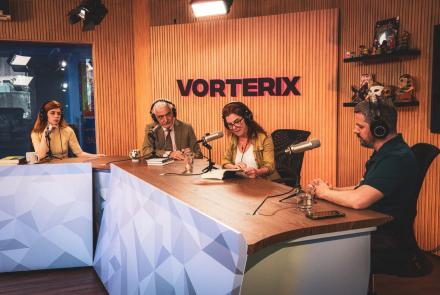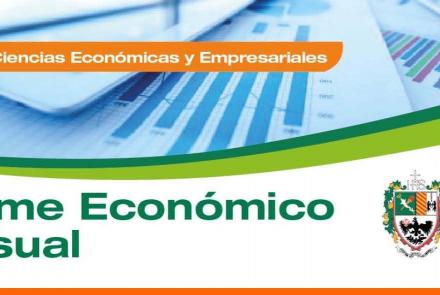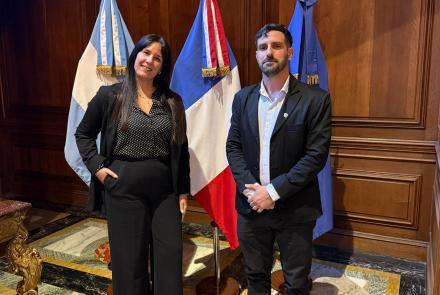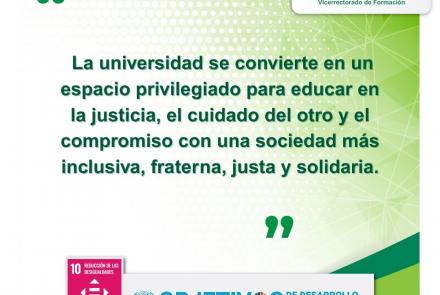The courage of thinking in utopias: Gadamer's "political Plato”. Publicado en: Analecta Hermeneutica, Vol. 13, pp. 110-134 (Institute for Hermeneutics).
Abstract: The aim of this article is to explore Gadamer’s early reflections on Plato’s utopian thought and its potential topicality. In the following section, I will show how areté, understood as a hermeneutical and existential virtue, is dialectically related to ethics and politics in Gadamer’s phenomenological reception of Plato’s philosophy. I argue that, in Gadamer’s eyes, Socratic-Platonic self-understanding enables human beings to be aware of their political responsibilities, to recognize how they are existentially and mutually related to the other, and to clarify dialectically their own existential possibilities in order to transcend their inherited world of values. In the third section, I aim to show how these are the grounds on which Gadamer’s initial thoughts on the utopian dimension of Platonic political philosophy developed, mainly through his further critical account of the works on the German “political Plato” published in Germany between 1927 and 1933, i.e., Kurt Singer’s Platon, der Gründer (1927), Julius Stenzel’s Platon. Der Erzieher (1928), and Kurt von Hildendrandt‘s Platon, Der Kampf des Geistes um die Macht (1933). Then, in the fourth section, I will express my own views on the relevance of reconsidering how the notions of areté, phrónesis, and andreía are already related in Plato’s dialogues, complementing the insights on Gadamer’s interpretation of areté in section two. My purpose is to go beyond Gadamer’s reading and provide us with a more solid ground to address his late reflections on political courage and its relations with his dialectical understanding of Platonic utopia as a myth. Therefore, I will explore the problem of civil disobedience, a topic that was actually not at the centre of Gadamer’s concerns, as a genuine mode of utopian political action which can enact a true deviation from the sophistic pólis and its understanding of power. Finally, in the conclusion, I will characterize Gadamer’s portrait of Platonic utopia as a dialectical myth which enables human beings to recognize when politics are being reduced to mere power abuse by the State and also suggest why Gadamer’s approach to utopias is still relevant today.
Facundo Bey es Doctor en Filosofía por la Universidad Nacional de San Martín (UNSAM), Becario Postdoctoral del Consejo Nacional de Investigaciones Científicas y Técnicas con sede en el Instituto de Filosofía "Ezequiel de Olaso"-Centro de Investigaciones Filosóficas (INEO-CIF/CONICET) y es Investigador Asistente de carrera ingresante (2021) del CONICET. Profesor Titular de la Facultad de Ciencias Sociales de la Universidad del Salvador. Fue Visiting Scholar del Dipartimento di Filosofia e Beni Culturali de la Università Ca' Foscari de Venecia. Recientemente recibió la beca DAAD Research Stays for University Academics and Scientists Scholarships y se ha desempeñado como Guest Researcher en la Georg-August-Universität Göttingen entre marzo y abril de 2021. Investigador externo de la Facultad Eclesiástica de Ciencias Filosófico - Teológicas de la Pontificia Universidad Católica del Ecuador (PUCE) (2020-2021). Investigador extranjero en la Université Paris Nanterre (2020). Investigador Externo de la Facultad de Filosofía y Letras - Universidad de Buenos Aires (2019-2021). Investigador del Instituto de Investigaciones "Gino Germani" (IIGG-UBA) (2020-2022). Anteriormente, fue Investigador Invitado de la Sapienza Università di Roma (2019). Investigador Visitante de la Universität zu Köln (2017). Investigador del Centro de Investigaciones Filosóficas. Es traductor de libros y artículos (Español, Italiano, Inglés). Áreas de investigación: filosofía política clásica, recepción de los clásicos, estética, teoría política contemporánea.
Sitio web personal: https://www.facundobey.com/
- Inicie sesión para enviar comentarios


